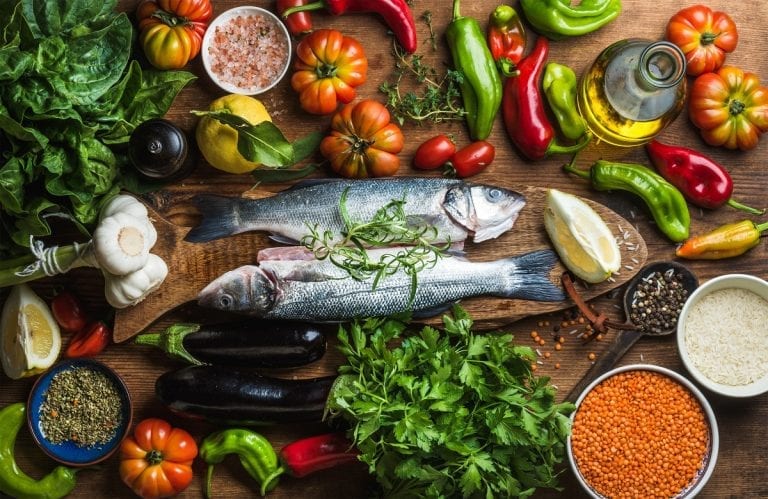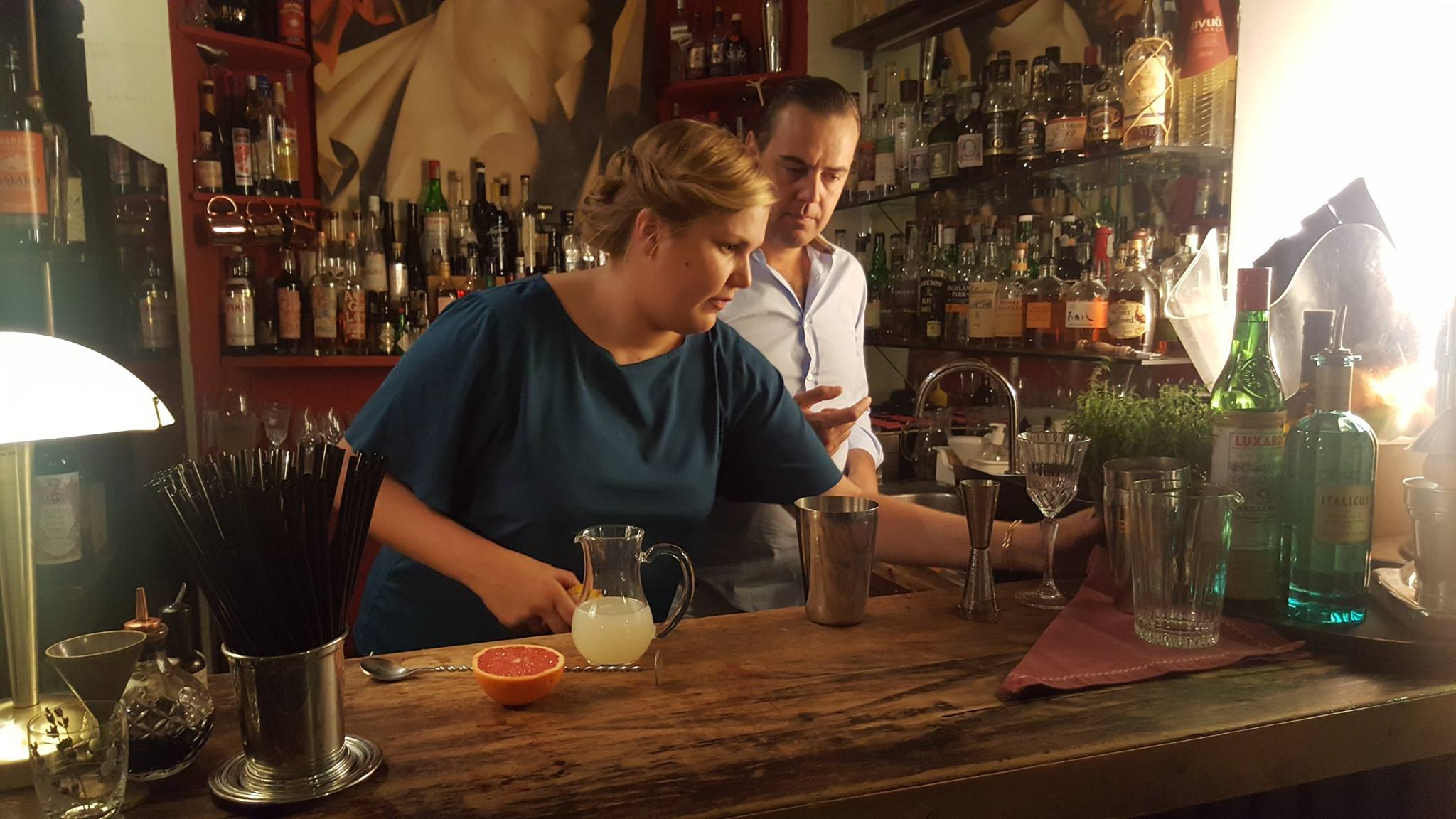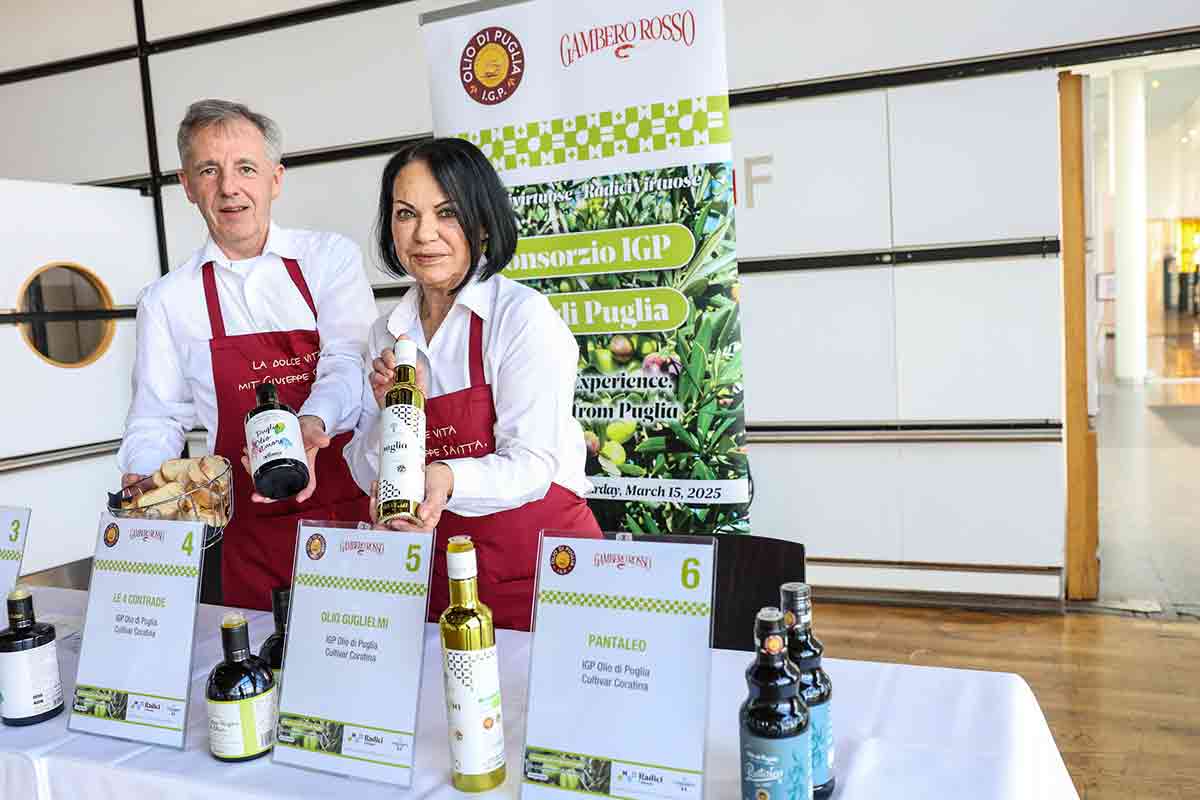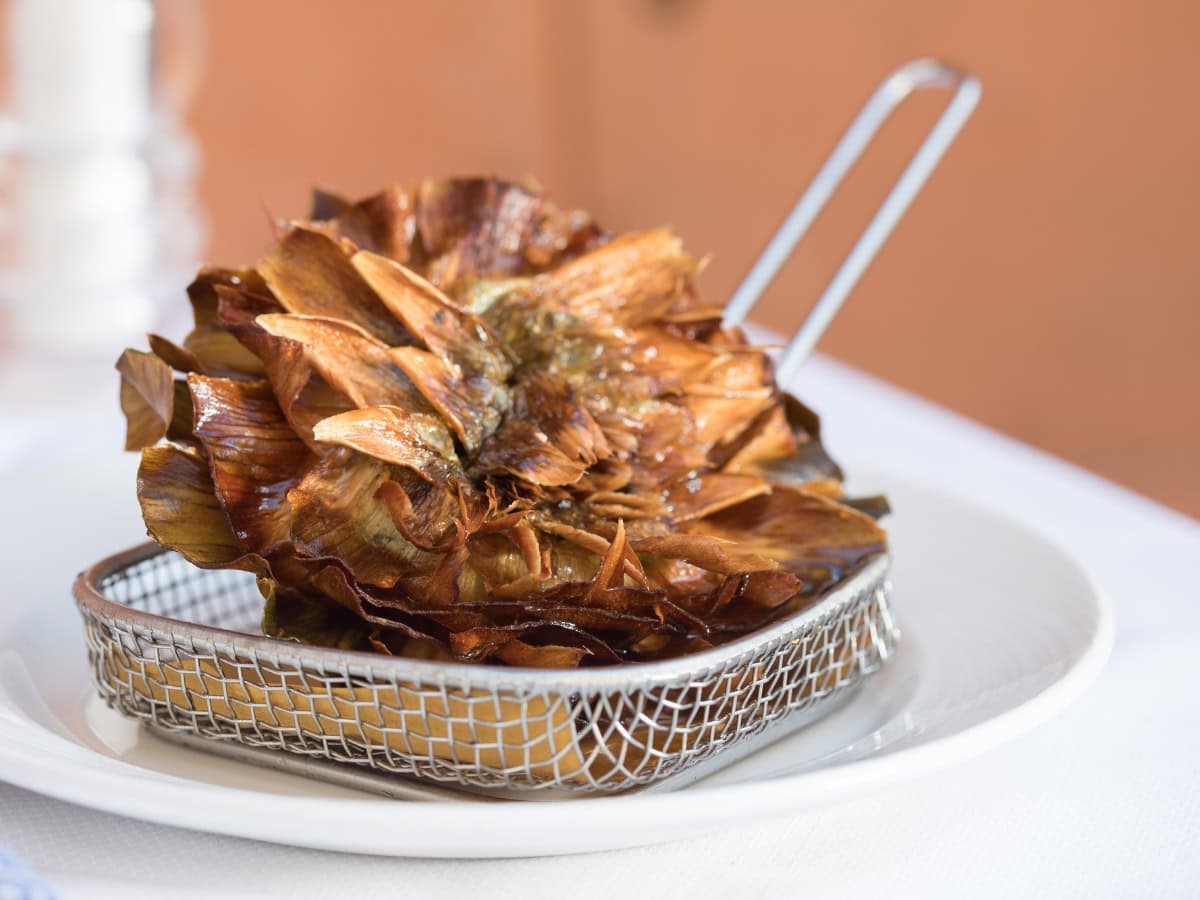Week of Italian Cuisine in the World: the Mediterranean Diet
The Mediterranean Diet represents one of the distinctive elements of Italian culture, which includes not only the typical nutritional model followed by human society established along the Mediterranean basin, but also knowledge, practices and traditions ranging from crops to conservation, processing and consumption of food that fit well in the context of growing attention to the issues of sustainability and climate change. As a characterising element of Italian culture, the Mediterranean Diet is part of the integrated promotion of Made in Italy carried out by MAECI, which combines cultural, economic and scientific dimensions. The eminently cultural value of the Mediterranean Diet was recognized by UNESCO in 2010, with its inclusion in the list of Intangible Cultural Heritage of Humanity, proposed by Italy, Spain, Greece and Morocco, to which other countries of the area later joined.
Eating habits and sustainability
Despite the changes in eating habits and lifestyles starting from the second half of the last century, the peculiar nutritional characteristics of the Mediterranean Diet have been the subject of scientific studies demonstrating its healthy and preventive properties for the development of certain cardiovascular diseases and some forms of cancer. Thanks also to its food model, Italy has for years been at the top of world statistics measuring life expectancy and the average level of health in the population. Another valuable feature is sustainability. The cultivation and fishing techniques and the traditional crafts linked to these avoid the excessive exploitation of resources and guarantee sustainability and quality in production. Cases like the communities of Soria in Spain, Koroni in Greece, Cilento in Italy and Chefchaouen in Morocco are a clear example. In addition, being largely based on consuming foods of plant origin, often fresh and produced locally, the Mediterranean Diet appears to have a more limited impact on the environment than other diets based on a wider use of foods of animal origin; and furthermore is an excellent model for developing countries to improve food that is respectful of the environment and sustainable.
Sustainable Development Goals
With regard to the ability of the Mediterranean Diet to contribute to the achievement of the Sustainable Development Goals of the 2030 Agenda, on 18 September 2019, during an event at FAO, Italy launched the Alliance for the Promotion of the Mediterranean Diet's Principles for the 2030 Agenda. In 2020, the initiative produced numerous seminars organized at FAO in Rome that explored aspects concerning respect for biodiversity, agricultural practices in the Mediterranean as a valid tool to counter the effects of climate change and the overexploitation of crucial natural resources such as soil and water, as well as food waste. In line with sustainable development objective 12, which aims to guarantee sustainable production and consumption models, and in particular 12.3, on the fight against waste and food losses, the Mediterranean Diet is 'highly sustainable' for its capacity to promote healthy lifestyles, avoid losses and waste, and contribute to reducing environmental impacts as well as improving the well-being of current and future generations. This in turn triggers a virtuous cycle, contributing to the reduction of greenhouse gas emissions, negative impacts on soil and water resources, with evident results also in the area of food safety.
Food taste
A further, no less important strength of the Mediterranean Diet is represented by the sensory experience of taste.In a globalized world where food consumed on a daily basis is often relegated to mere necessity and the diet tends to revolve around a "universal" model, it is not surprising that the "recovery" of tradition and the uniqueness of the cultural aspects of the Mediterranean Diet have been met with great appreciation from international public opinion. Italy is also the first country in the European Union in terms of number of protected food products, with nearly three hundred denominations of origin and protected geographical indications and over five hundred denominations of quality––Doc/Docg/Igt––of its wines. Italian cuisine ranks among the most successful expressions of this food model. Based on these assumptions, MAECI has been organizing, since 2017, the Settimana della cucina italiana nel mondo, one of the most successful events, scheduled to take place this year from 23 to 26 November. The experience gained confirms how the perception of Italian cuisine abroad effectively contributes to a better knowledge of Italian culture.
Health
In recent years, the Mediterranean Diet has also become an important tool for bringing together, in some multilateral fora, countries with a common vision on strategies for improving the health of the population and fighting non-viral diseases. To the countries that are part of the Mediterranean tradition, others have been added, from other geographical areas, which also boast millenary gastronomic traditions. Groups of countries friends of the Mediterranean diet and traditional, healthy and sustainable diets formed at the United Nations in New York and the WHO in Geneva. These countries share a more holistic attitude towards nutrition, aimed more at drawing attention to education for a healthy diet and lifestyle than at limiting action to specific measures on individual foods.
ABOUT US
True Italian Taste is an initiative promoted and financed by the Ministry of Foreign Affairs and International Cooperation* as part of the government campaign The Extraordinary Italian Taste," and coordinated by Assocamerestero, an association that brings together 81 Italian Chambers of Commerce in the world.
Present in 58 countries, with 160 service points and 20,000 associates, the Italian Chambers of Commerce Abroad (CCIE) proudly promotes Italy globally by supporting the internationalisation of Italian businesses, with an open innovation approach and a strong ability to understand and analyse international markets. All this thanks to the strong roots in foreign territories and close links with business communities and local institutions. The CCIE network has, in fact, a marked propensity to work according to typical company standards, a necessary requirement to offer competitive services on the market.
True Italian Taste currently involves 36 CCIEs in 23 countries between North and South America, Europe, Asia and Australia.


 In a historic building in Genoa hides a top cocktail bar
In a historic building in Genoa hides a top cocktail bar Giancarlo Perbellini: “The future? Less oppressive restaurants. If we don’t make young people fall in love with this job, we might as well close”
Giancarlo Perbellini: “The future? Less oppressive restaurants. If we don’t make young people fall in love with this job, we might as well close” The great oils of Puglia on display in Düsseldorf
The great oils of Puglia on display in Düsseldorf Where to eat the best Carciofi alla Giudia in Rome
Where to eat the best Carciofi alla Giudia in Rome One of the best Frittatine in Naples is made by a deli with 120 years of history
One of the best Frittatine in Naples is made by a deli with 120 years of history







